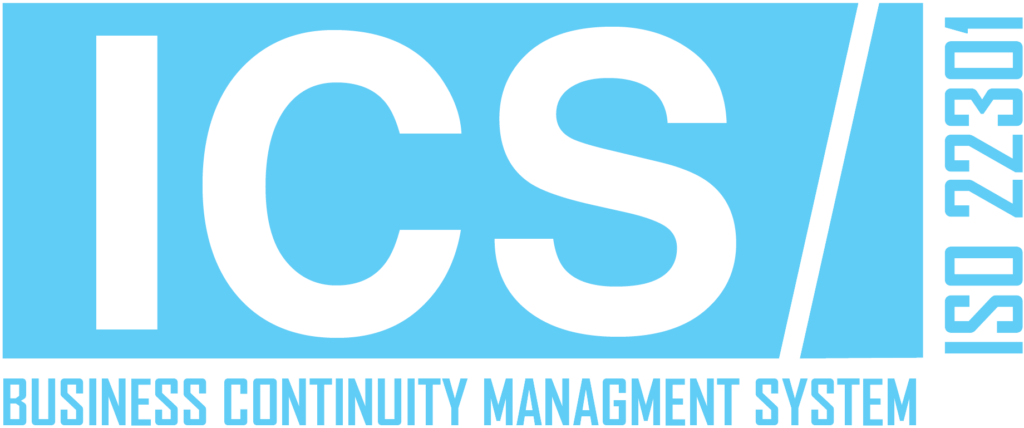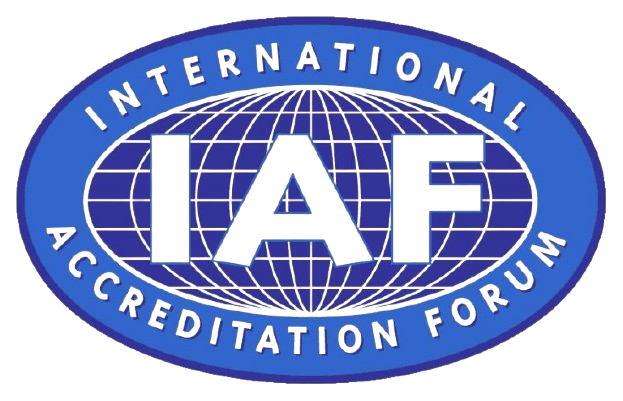

In an increasingly volatile and uncertain world, organizations must prioritize business continuity to ensure survival and success. ISO 22301 Certification represents a robust framework that enables organizations to effectively manage and respond to disruptive incidents, safeguarding their operations and stakeholders.
“Given below is the more detail about the ISO 22301 – a BCMS standard and you might be interested learning more about it. Rest of the part you can avail the certification from ICS to get your organizational dream come true by contact us by clicking below button.”
ISO 22301 Certification offers a structured approach to business continuity management, allowing organizations to minimize the impact of disruptions. This international standard outlines the requirements for a business continuity management system (BCMS) and provides guidance for establishing, implementing, maintaining, and continually improving it. By achieving ISO 22301 Certification, organizations demonstrate their commitment to maintaining operational resilience and protecting their assets, reputation, and employees.
Business continuity management (BCM) involves proactive planning and preparation to ensure that critical business functions continue during and after a disruption. Organizations face various threats, such as natural disasters, cyberattacks, supply chain disruptions, and pandemics. ISO 22301 Certification helps organizations identify potential risks, assess their impact, and develop strategies to mitigate them. With a well-implemented BCMS, organizations can enhance their ability to respond swiftly and effectively to unexpected events.
ISO 22301 Certification requires organizations to establish a BCMS that aligns with their specific needs and objectives. The process begins with a thorough analysis of the organization’s context, including its internal and external environment, stakeholders, and critical business functions. By understanding these factors, organizations can develop a tailored BCM strategy that addresses their unique vulnerabilities.
A crucial aspect of ISO 22301 Certification involves conducting a comprehensive risk assessment and business impact analysis (BIA). Risk assessment identifies potential threats and evaluates their likelihood and potential impact on the organization. On the other hand, BIA assesses the consequences of disruptions on critical business functions and helps prioritize recovery efforts. By systematically analyzing risks and impacts, organizations can develop targeted strategies to ensure continuity.
ISO 22301 Certification requires organizations to develop detailed business continuity plans (BCPs) that outline the procedures and actions to be taken during a disruption. These plans should cover various scenarios, such as power outages, data breaches, and natural disasters. BCPs must include clear instructions for activating response teams, communicating with stakeholders, and restoring critical functions. Regular testing and exercises ensure that the plans remain effective and relevant.
Training and awareness programs play a vital role in achieving ISO 22301 Certification. Organizations must ensure that employees understand their roles and responsibilities in the event of a disruption. Training sessions, workshops, and simulations help employees familiarize themselves with the BCM processes and develop the skills needed to respond effectively. By fostering a culture of preparedness, organizations can enhance their overall resilience.
ISO 22301 Certification emphasizes the importance of continuous improvement. Organizations must regularly review and update their BCMS to reflect changes in their environment, emerging risks, and lessons learned from incidents. Internal audits, management reviews, and performance evaluations contribute to this ongoing improvement process. By continuously enhancing their BCM capabilities, organizations can stay ahead of potential threats and ensure long-term resilience.
The certification process itself involves engaging an accredited certification body that assesses the organization’s BCMS against the ISO 22301 standard. The certification body conducts a rigorous audit, reviewing documentation, interviewing personnel, and observing practices to ensure compliance. Upon successful completion of the audit, the organization receives the ISO 22301 Certification, which serves as a formal recognition of its commitment to business continuity.
ISO 22301 Certification serves as a powerful tool for organizations seeking to enhance their resilience and safeguard their operations. By implementing a business continuity management system, organizations can effectively manage and respond to disruptions, ensuring the continuity of critical functions. The journey towards ISO 22301 Certification requires commitment, thorough planning, and continuous improvement. However, the benefits of achieving this certification far outweigh the efforts involved. Therefore, This Certification is not just a compliance requirement; it is a strategic investment in building a sustainable and resilient organization.
By prioritizing business continuity and achieving this certificate organizations can navigate the uncertainties of the modern business landscape with confidence. This certification underscores the importance of proactive planning, risk management, and preparedness in maintaining operational resilience. Through these efforts, organizations can build a robust foundation for long-term success and demonstrate their commitment to protecting their stakeholders and ensuring business continuity.

For Quick Contact Leave Your Message We will Contact You Shortly Or Call Us At Given Numbers or Email Addresses. We Love to Deliver Our Efficient Services.
Copyright All Rights Reserved © 2025